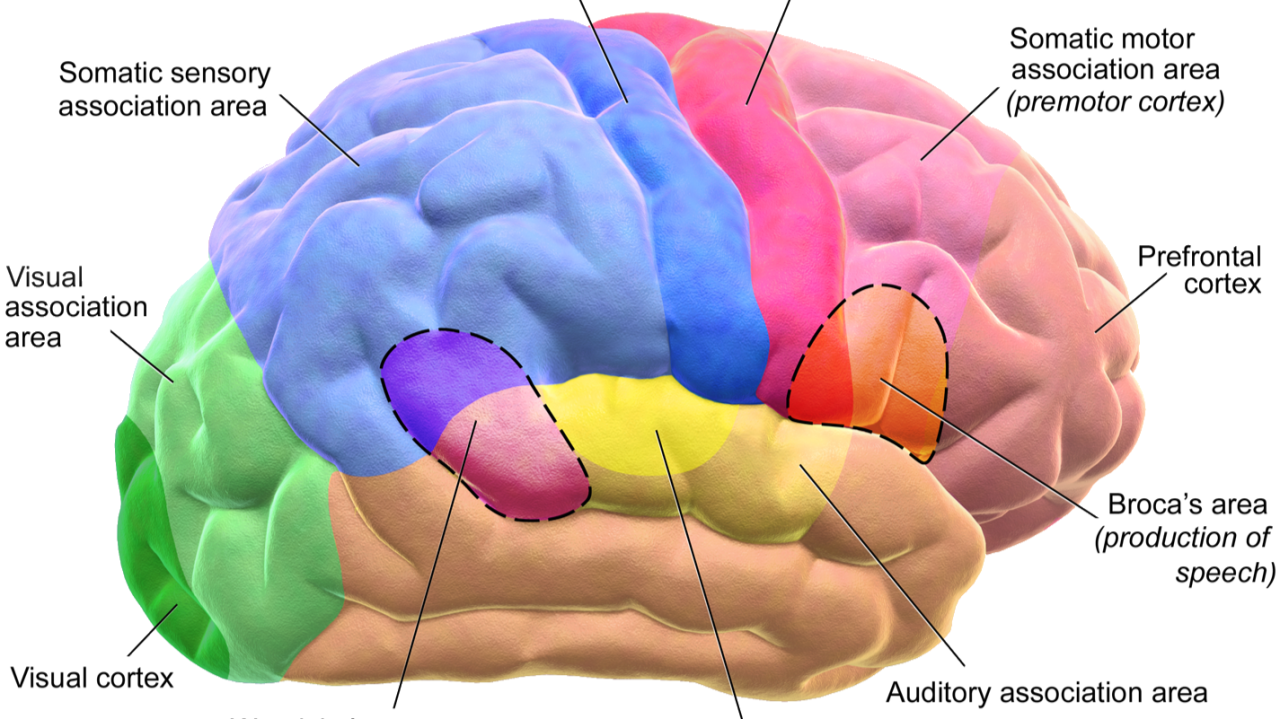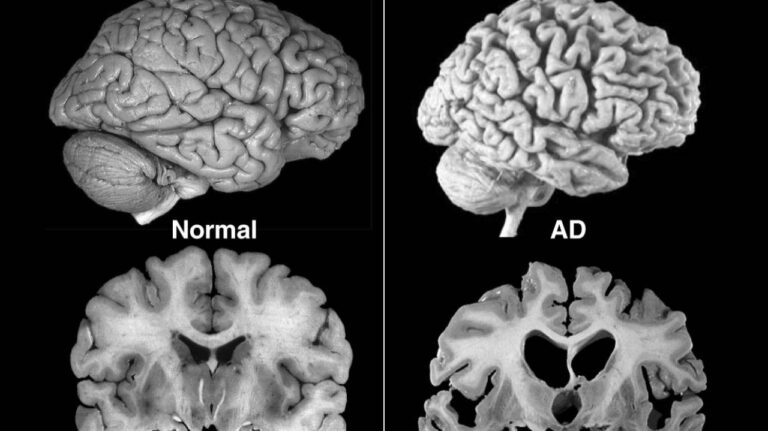The Aging Brain
The developing brain proceeds systematically and progressively.
- By 1 year of age, brain scans show a brain similar to a young adult.
- Between 3 and 10 years of age, the brain is more active than in adulthood, accommodating new social, emotional, physical, and linguistic learning. However,
- Between 11 and 15 years of age, the brain begins pruning unused connections.
- Beginning at 16, the prefrontal cortex, also referred to as the executive brain, continues to develop.
- The brain continues to mature from birth to about 25.
- Many people experience improved cognitive functioning at around 40 years of age.
- About 50 years of age, the brain slowly declines and begins to shrink.
- Age-related decline can be accelerated or slowed by many factors occurring before and after 50.
- By 65 years of age, one-fourth of the population struggles with a failing memory and a range of mild cognitive problems.
- By 85 years of age, approximately 33.3% of men and women will experience symptoms of dementia.
Those with an aging brain are increasing in number. In 2020, 55.6 million (17%) of individuals in the United States were older than 65 years of age; by 2040, 22% of the population will be 65 years of age or older. Although the normal brain is an aging brain, steps can be taken to maintain or improve everyday functioning.
- Stay physically active with 30 minutes of moderate exercise five times weekly.
- Stop smoking or never start.
- Limit alcohol.
- Engage in cognitive training: Crossword and jigsaw puzzles, mind games, computerized brain exercises, learning a new language, mastering a musical instrument.
- Listen to music. Classical music, especially with slow rhythms and instrumental pieces, can benefit focus and memory, lower cortisol levels, reduce anxiety, and decrease blood pressure. Country, reggae, and fast-paced music provide cognitive benefits.
- Maintain social networks: Friendships, clubs and organizations, worship activities.
- Eat a nutritious and balanced diet, preferably the Mediterranean Diet or MIND diet consisting of six servings of leafy vegetables weekly, other vegetables once daily, three servings of whole grains daily, three servings of beans and lentils weekly, two servings of berries weekly, five servings of nuts weekly, non-fried chicken or turkey twice weekly, non-fried fish once weekly, limit red meat to two servings weekly, limit cheese to one serving weekly, 5 oz of wine daily, use olive oil for cooking, and limit sweets to four to five servings weekly.
- Sleep six to eight hours each night.
- Reduce stress through meditation and contemplate prayer.
- Maintain a positive attitude about life events and circumstances.
- Focus on the goals that give purpose and meaning.
- Cultivate a spiritual life filled with love, joy, and peace.


